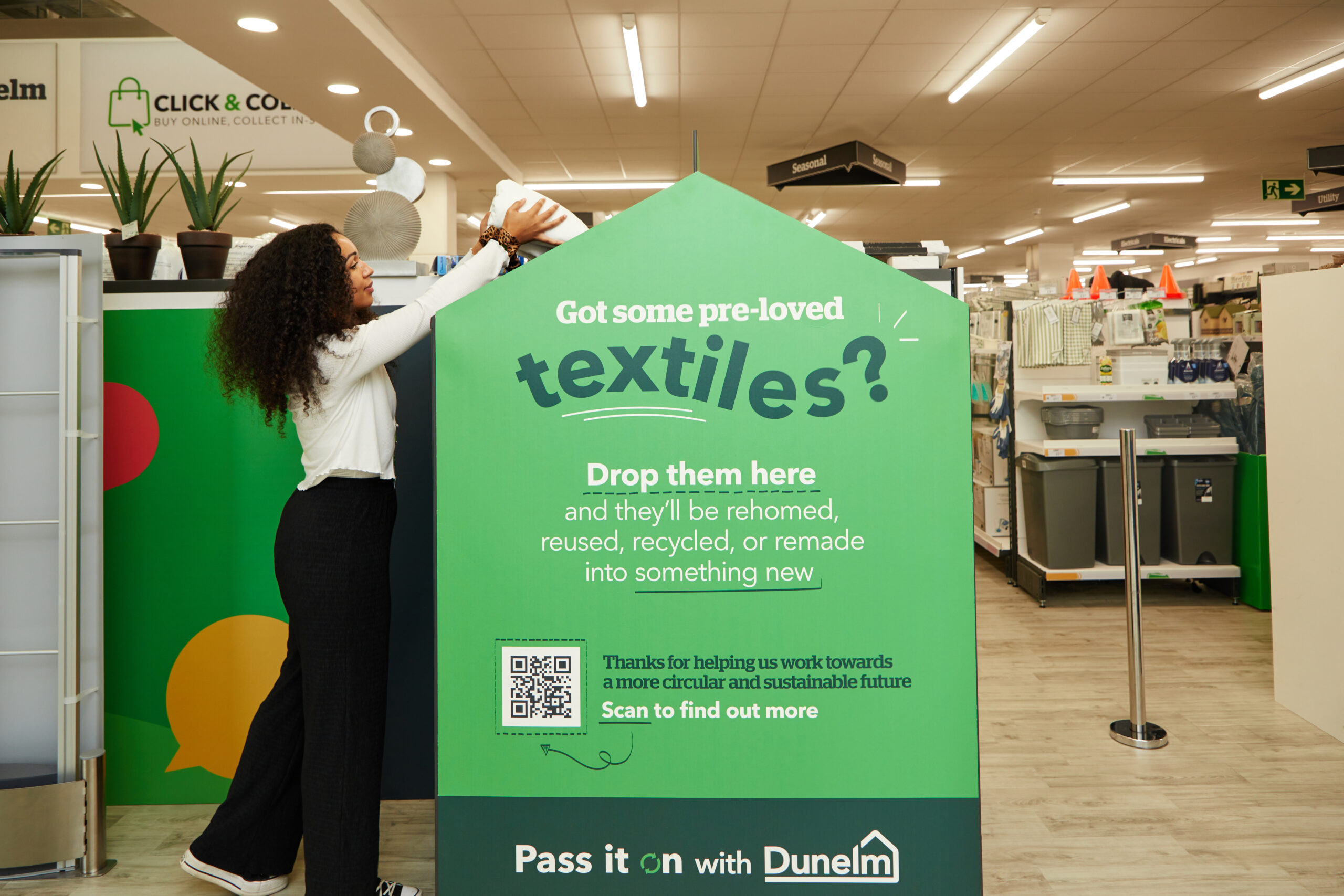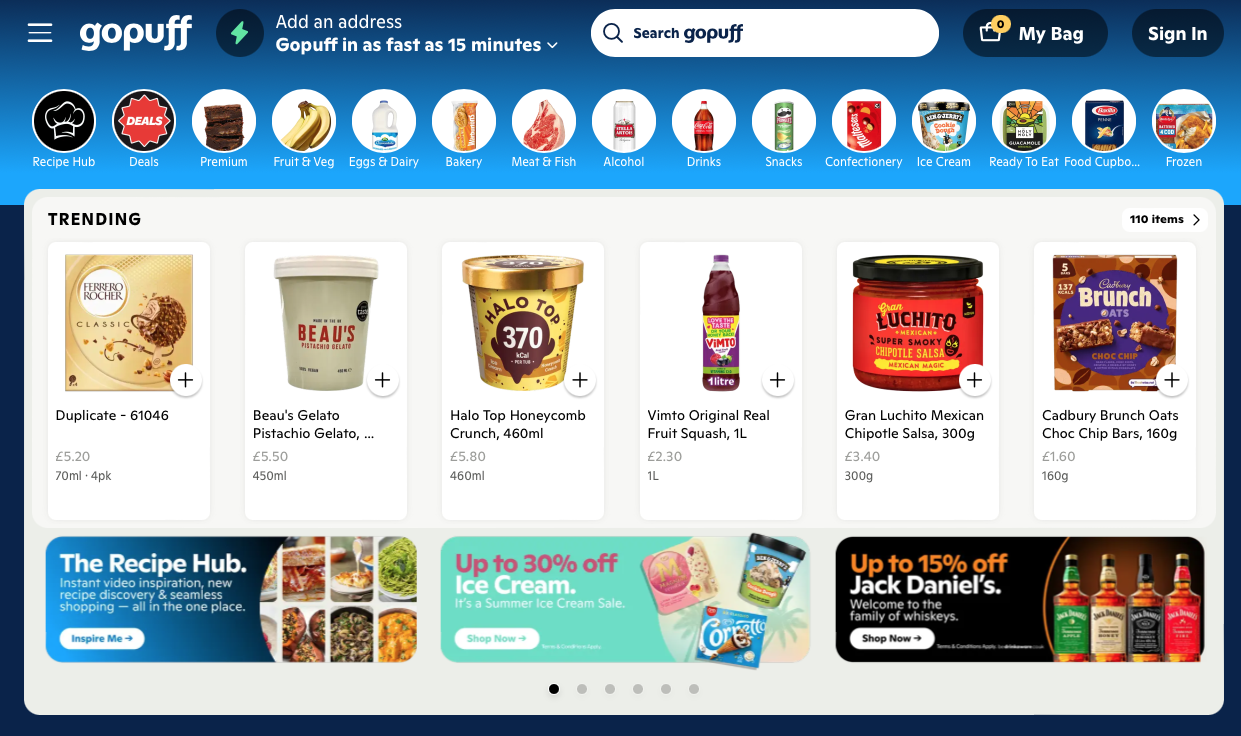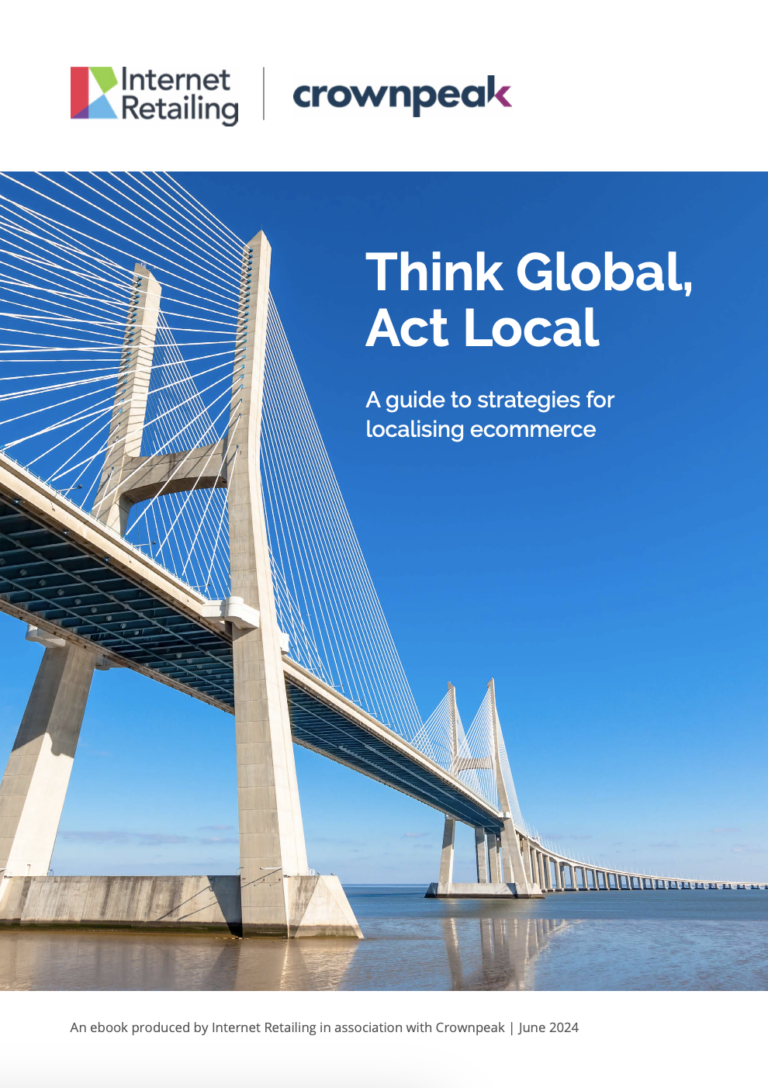A third of consumers plan to cancel any home improvements, one in ten won’t get married this year as planned and many are worried about job security – all issues that are set to impact the homewares market this year. However, it is likely to prove a boon to resale and second-hand furniture sales.
According to the latest IKEA Life at Home report, 75% of UK consumers say that the state of the economy is their greatest concern in 2023, with household finances (58%) close behind as inflation continues to soar.
Despite outranking the worries of climate change, 57% agree that the rapidly changing environment is still weighing heavily on their minds.
Given increased living expenses, the report points to significant impacts on life at home on the horizon. Over a third (39%) expect to cancel or postpone home improvement plans, while 13% are worried about job security. The cost-of-living crisis is also likely to affect major life moments, with almost 1 in 10 (7%) anticipating its impact on getting married and having children.
The air of woe is driving up sales of pre-loved goods however, says the retailer. IKEA expects to see increased business across its circular hubs both online and in-store, which allow consumers to trade pre-loved homewares and furniture. The company is also set to invest more in its buy back and resell scheme, as well as offering more energy efficient and energy saving electrics items.
Marcus Engman, Chief Creative Officer at IKEA Retail (Ingka Group), says: “The Life at Home Report results are a crucial moment every year at IKEA. They help us to realise our vision to create a better everyday life for the many people. The insights influence everything from our product range, to initiatives like IKEA Festival, to the social impact campaigns that we run.”
The Impact on Home
The report shows that 23% have eaten a meal in bed during the last 12 months, while 7% have worked in the bathroom as our homes continue to be multi-functional spaces where we work, rest and play. And more than 1 in 4 people (29%) have faked excuses so they can avoid going out to stay at home, increasing to nearly 4 in 10 among young people.
Katie McCrory, who leads the Life at Home Report at IKEA, adds: “After years of enforced lockdowns, now followed by the cost-of-living crisis, people will likely feel the need to stay at home once again to save on costs, meaning our spaces need to work harder than ever. Yet worryingly, only half of us (56%) say we experience enjoyment where we live and 4 in 5 people say they regularly feel frustrated by everyday gripes such as mess, household chores and too much clutter.”
It’s not all doom and gloom, however. The report also reveals that if your home reflects your personality, you’re almost twice as likely (1.7 times) to see it as a source of mental wellbeing.
Pets and plants continue to be important members of households, and as many as 12% of people say they have talked to their plants in the last 12 months. Overall, nearly 1 in 3 say they feel more positive about their home compared to the same time last year.
“There are tried-and-tested ways that we can showcase our cherished items and optimise our space so that the home we live in reflects us. We know from years of doing the Life at Home Report that the better we feel about home, the better we feel about ourselves,” adds McCrory.










